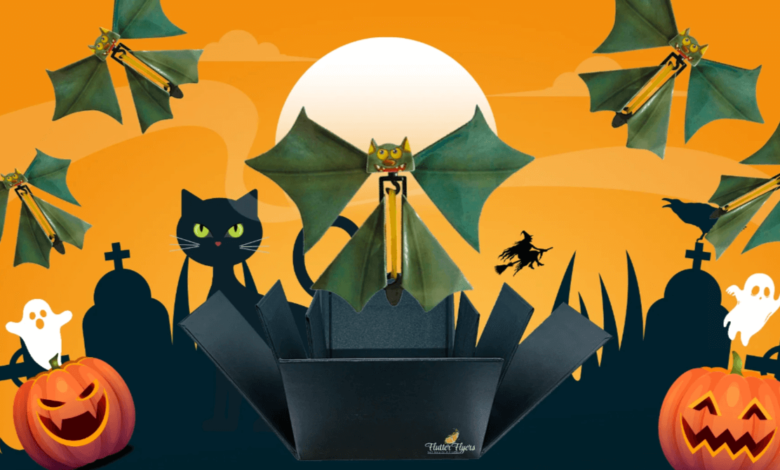Halloween:B4pbvbkqzhg= Bats

The association of Halloween:B4pbvbkqzhg= Bats is deeply entrenched in cultural folklore, often symbolizing the mysterious and the supernatural. This perception, however, overlooks the ecological significance of bats, which play essential roles in pest control, pollination, and seed dispersal. As we explore the duality of bats as both Halloween icons and vital ecosystem contributors, questions arise about the myths and misconceptions surrounding these creatures. What truths lie beneath the surface of our Halloween traditions, and how might they reshape our understanding of these often-misunderstood animals?
Bats in Halloween Lore
How did bats become emblematic of Halloween?
Their bat symbolism is deeply rooted in cultural narratives, often associated with the supernatural due to their nocturnal behavior.
As creatures of the night, bats evoke mystery and fear, aligning with Halloween’s themes.
Their unique adaptations and behaviors have led to their portrayal in folklore, cementing their status as iconic figures within Halloween lore.
Ecological Importance of Bats
Bats play a vital role in maintaining ecological balance and supporting biodiversity across various ecosystems.
Their nocturnal behavior facilitates effective pollination and seed dispersal, crucial for plant reproduction. Additionally, bats serve as natural pest control agents, consuming vast quantities of insects, thereby reducing agricultural damage.
Promoting bat conservation is essential to safeguard these benefits, ensuring the health of ecosystems and agricultural sustainability.
Myths and Misconceptions
Many individuals harbor misconceptions about bats, often viewing them through a lens clouded by folklore and popular media.
These creatures are frequently misrepresented, with bat symbolism often linked to darkness and fear.
In reality, bat behavior reveals their crucial roles in ecosystems, such as pest control and pollination.
Understanding these facets can reshape perceptions, highlighting their ecological significance rather than perpetuating myths.
Read Also Group: Zdg1dxd-Sz0= Menudo
Fascinating Bat Facts
One might be surprised to learn that bats are among the most diverse and ecologically important mammals on the planet.
Their nocturnal habits enable them to exploit food sources like insects, contributing to pest control.
Additionally, bat communication, particularly through echolocation, showcases their advanced social interactions and navigation skills, highlighting their adaptability and crucial role in maintaining ecological balance within various environments.
Conclusion
In conclusion, while Halloween:B4pbvbkqzhg= Bats folklore, their ecological contributions cast a bright light on their importance within ecosystems. These remarkable creatures serve as nature’s pest controllers, pollinators, and seed dispersers, weaving a complex tapestry of biodiversity. By dispelling myths and misconceptions, society can appreciate bats not merely as symbols of fright but as vital players in maintaining ecological balance, ensuring a healthier planet for future generations.






